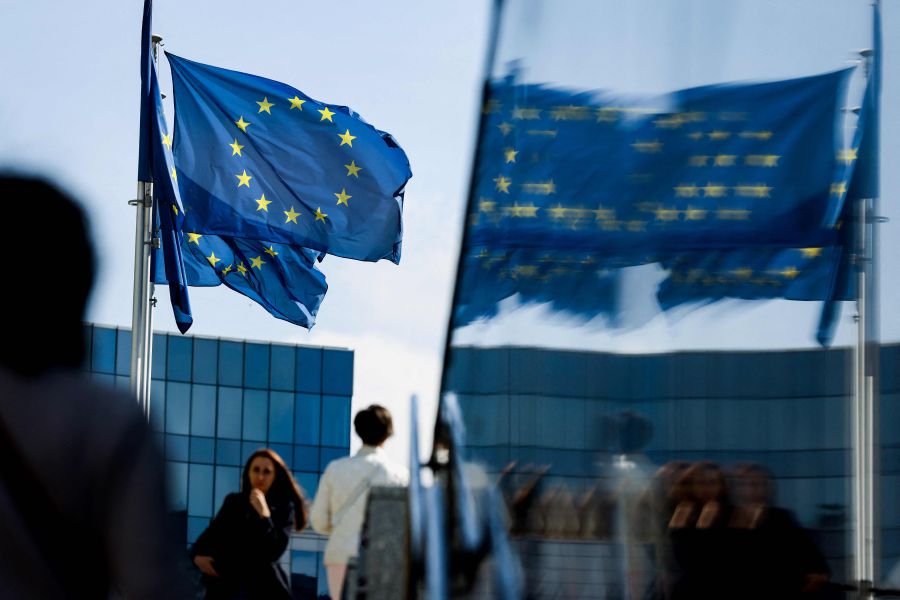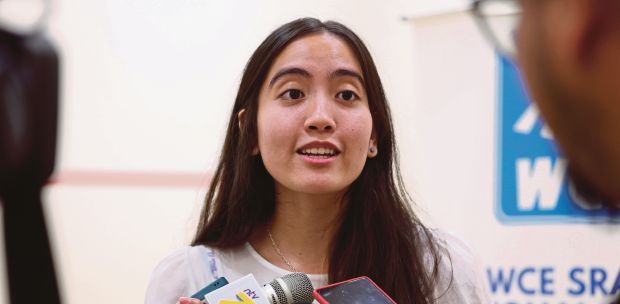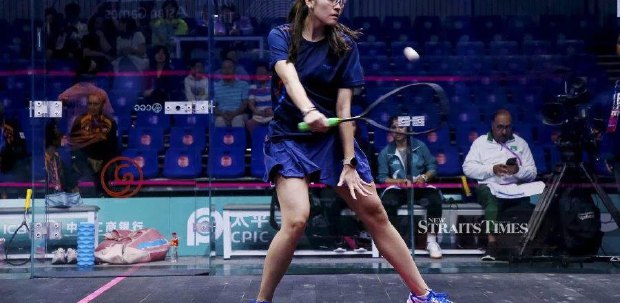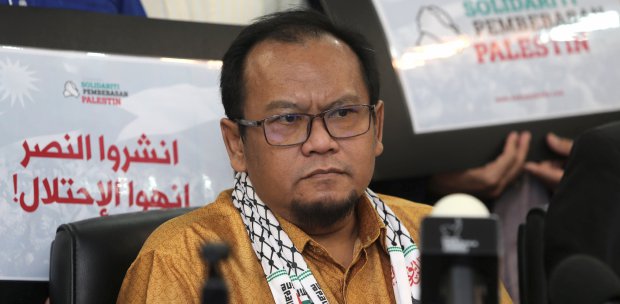SOMETIMES we criticise and complain about our cousins living on the other side of the Atlantic and feel relieved when a new president, a multilateralist and champion of international rule-based order gets elected there.
Yet, as we are witnessing the latest dispute about nuclear-powered submarines dividing France and other European Union members, with the exception of Denmark, the United States, the United Kingdom and Australia, Americans' unilateralism and exceptionalism are still strong and at the heart of their way to look at the world.
See the lack of consultations on the peace agreement signed with the Taliban or the way the withdrawal from Kabul was decided and imposed on European allies.
So we grumble and moan about the way our big brother behaves and acts, and oftentimes we quarrel with each other, but the bond tying the US and EU is indissoluble and will remain so.
At the same time, the Europeans have a slightly different way to look at the world, unlike the US and China.
This has been shaped by history, including the bad side of it, especially a past marred by a brutal and exploitative colonialism and totalitarian ideologies, first fascism and its even more lethal derivate, nazism.
Now the EU, finally, is putting its act together in the area of foreign polices and international relations, striving to project a value-based diplomacy, a way of dealing with partner countries that is supposed to be more respectful and more equal.
It is trying hard to promote democracy and human rights, and is particularly passionate about women's and children's rights.
If big brother America plays the bad cop, we try to play the nice game: practising fair and rules-based trade, as well as emphasising human rights, democracy and sustainable development.
In short, a lot of win-win propositions, nothing controversial because for long we had relied on our big brother to do the heavy lifting.
EU also aims to build stronger external and defence dimensions. It is something that is very much a work in progress but we are not starting from scratch.
After all, we have already some joint military capabilities. We are running several police and military missions around the world and we have a permanent EU Military Committee, led by a permanent chairman.
In a global scenario in which the US is focusing on addressing its own challenges and where China is getting more assertive, EU is trying to build and strengthen its external relations and defence capabilities.
Unsurprisingly, since a few years ago, the Europeans have been betting on Southeast Asia, with a much more expanded focus on Asean as a regional institution that brings peace and stability to Asia-Pacific.
There is now a strategic relationship with the bloc and the EU mission to Asean greatly expanded in ambition and scope of actions in the last few years.
Southeast Asia is an indispensable region, an area with unlimited economic potential but also can be a model for the entire world: hardworking, ambitious and is focused on freeing its people from poverty.
This is the context in which the recent Indo-Pacific Strategy was approved by EU, embracing values that we believe as universal, like the respect of human rights and democracy while working in partnership with like-minded partners of the region.
There is no doubt that China is seen as a partner, competitor and potential foe, all at the same time and EU's strategy is clear about common prosperity.
All this might appear self-serving and self-centred from a third party's perspective.
Europeans, however, are not that different from the Americans. That's why they need to work even harder to show their real intentions.
Supporting different Asean institutions, including many programmes fostering and enhancing sustainable development, can be a signal that EU can be an honest partner to work with.
Europeans need to be open to criticisms from bilateral and multilateral partners in Southeast Asia, and common sense and fairness must prevail even when the dispute is sensitive like the palm oil issue.
Malaysia is a key partner, a democracy in the region and it is going to be a place where EU must step up its outreach to clarify its intentions and its version of "common prosperity".
The author writes on social inclusion, youth development, regional integration and the Sustainable Development Goals in the context of Asia-Pacific






